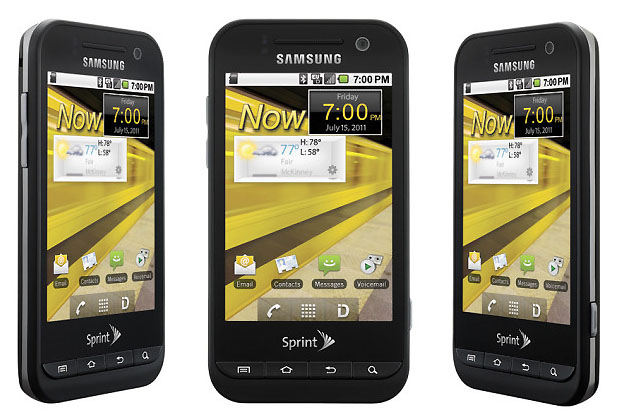
Responding to questions from U.S. Senator Al Franken regarding its use of the controversial Carrier IQ software, US mobile operator Sprint has revealed (PDF) that it has installed Carrier IQ on more than 26 million handset — but insists its use of the software is limited solely to diagnostic data and does not constitute a breach of users’ privacy. Furthermore, Sprint says that it only has Carrier IQ active on about 5 percent of the devices with the software at any given time. A particular “research request” from Sprint personnel may result in Carrier IQ being tasks with data collection on about 30,000 devices. Sprint also emphasized that all the information collected by Carrier IQ is transmitted in encrypted form to Carrier IQ, then anonymized.
“Sprint recognizes that it is fair to ask whether the data collected using Carrier IQ software goes beyond ‘technical diagnostics information,’ and Sprint’s answer is unequivocally no,” Sprint’s VP for government affairs Vonya McCann wrote in the response.
Sprint did not identify which devices it offers have the Carrier IQ software.
Carrier IQ responded to Senator Franken’s request with a 19-page document outlining how its software works and how it can be used to assist mobile providers in operating their networks.
AT&T has also responded to Senator Franken’s request for information (PDF); AT&T claims to have been using Carrier IQ since March of 2011, with a total of about 900,000 devices currently using the software. Of those, 575,000 are collecting “wireless and service performance information” for AT&T. Handsets with Carrier IQ include Pantech Pursuit II, Pantech Breeze III, Motorola Atrix 2, and the Motorola Bravo — the HTC Vivid, LG Nitro, and Samsung Skyrocket also have Carrier IQ embedded but not (yet) activated. As with Sprint, AT&T insists the data it collects is related solely to network performance and diagnostics and does not represent a breach of privacy.
Samsung and HTC have also responded to Franken’s letter. Samsung says it has installed Carrier IQ on as many as 25 million devices at the request of wireless operators. HTC says it began installing Carrier IQ on selected handsets in 2009 at Sprint’s request, and so far has put the software on about 6.3 million devices. Both Samsung and HTC say they have no knowledge of or involvement with whatever data is collected by the carriers using the software.
Franken is expecting responses from Motorola and T-Mobile by December 20.
Despite the rapid clarifications and statements from a number of companies implicated in the Carrier IQ scandal, Franken so far remains unimpressed.
“I appreciate the responses I received, but I’m still very troubled by what’s going on,” said Sen. Franken in a statement Thursday. “People have a fundamental right to control their private information. After reading the companies’ responses, I’m still concerned that this right is not being respected. The average user of any device equipped with Carrier IQ software has no way of knowing that this software is running, what information it is getting, and who it is giving it to-and that’s a problem.”

